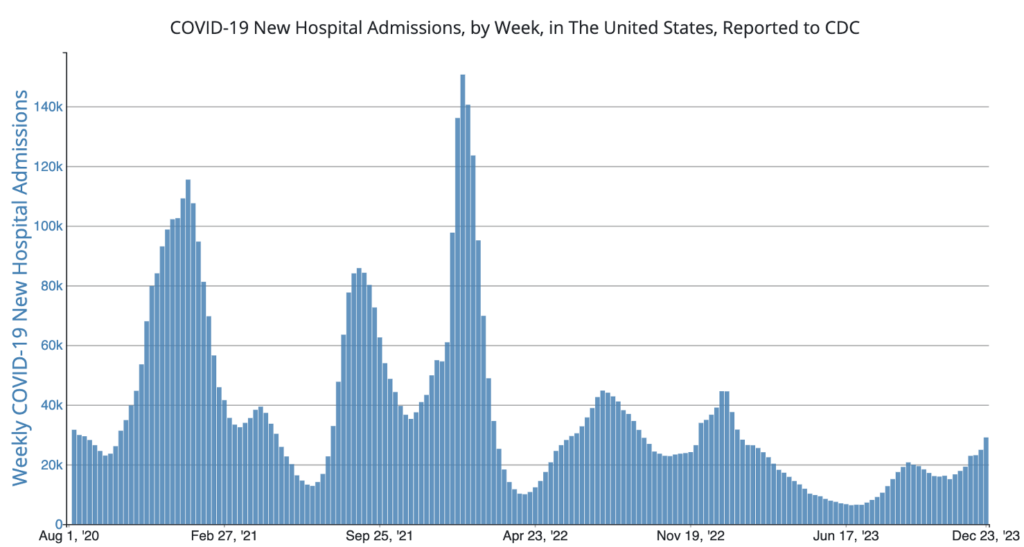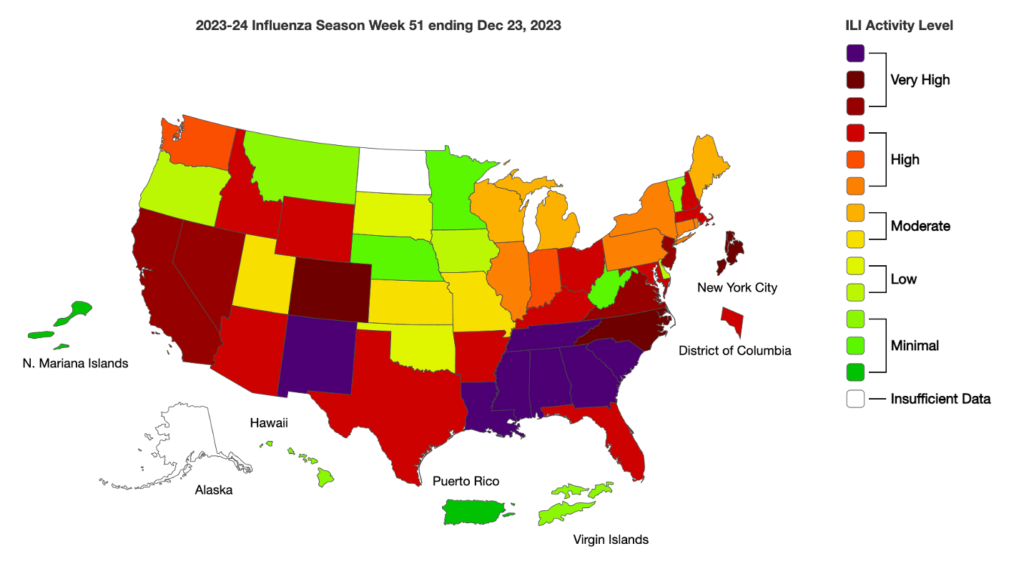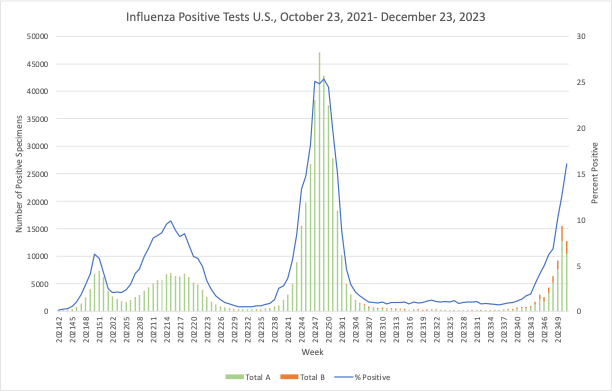An anthrax outbreak with cases at a higher than the typical rate, is ongoing in five African countries, likely linked to the reality of unrestricted animal and carcass movement. This has led to some concern about the bacterial disease in other parts of the world.
Because anthrax can be in the soil, it can affect animals that graze in areas in anthrax spores are present. It can then be spread to humans who encounter infected animals or contaminated animal products through:
- Handling infected animals or contaminated animal products like wool, hides, or hair has a cut or scrape the anthrax spores can get into the skin causing a cutaneous infection.
- Consuming raw or undercooked meat from infected animals may get sick with gastrointestinal anthrax.
- Inhaling spores that are aerosolized during the industrial processing of contaminated materials, such as wool, hides, or hair can get inhalation anthrax.
However, human infections are very rare in the U.S. because yearly vaccination of livestock is recommended in areas of the U.S. where animals have had anthrax in the past, and all food animals are inspected to ensure that they are healthy at the time of slaughter. In the affected African regions, vaccination efforts and meat inspections have been stepped up.
Additionally, anthrax is NOT contagious. A person cannot “catch” anthrax from another person, although rare person-to-person transmission is possible with cutaneous anthrax, where discharges from skin lesions might be infectious.
COVID Risk Matrix:

Influenza:


Infectious Disease News:
- Flu news still dominates with cases in the US higher than last year and perhaps not at peak yet.
- Measles cases in Europe and Central Asia skyrocket by 3000 percent this year compared to last due to lower vaccination rates. The highest rate of measles cases is reported in Kazakhstan with 69 cases per 100,000 population.
- There is an increasing number of mumps cases among children in India.
- There is a whooping cough epidemic in southern Thailand, with three fatalities confirmed, including an infant below a year old. There were over 5,000 cases reported in the past month.
- Mumbai doctors blame pigeons for spike in lung disease called hypersensitivity pneumonitis. Over the past seven years there has been a recorded fivefold increase in cases. It’s a steep spike that experts link directly to Mumbai’s exploding pigeon population. The bird’s droppings contain fungi that, if inhaled over a sustained period, can cause the immune system disorder.
- JN.1 makes up nearly half of US Covid cases.
- Five more states have reported more highly pathogenic avian influenza outbreaks in poultry over the last week. Over the past month, California has been the state suffering the most poultry losses. Although not very common, sporadic H5N1 infections in human are detected. Since April 2022, the beginning of the avian flu outbreaks, the CDC has monitored more than 7,000 people who were exposed to infected birds or sick or dead mammals. Only one Colorado patient tested positive for the virus.






